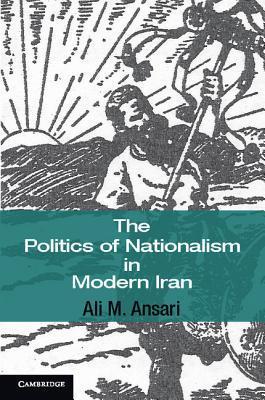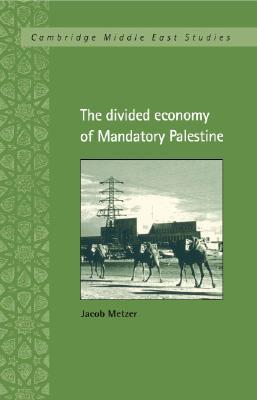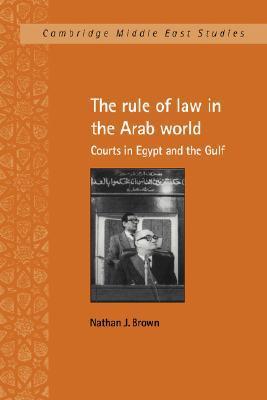
The Politics of Nationalism in Modern Iran
2012
First Published
3.64
Average Rating
347
Number of Pages
Part of Series
This sophisticated and challenging book by the distinguished historian Ali M. Ansari explores the idea of nationalism in the creation of modern Iran. It does so by considering the broader developments in national ideologies that took place following the emergence of the European Enlightenment and showing how these ideas were adopted by a non-European state. Ansari charts a course through twentieth-century Iran, analyzing the growth of nationalistic ideas and their impact on the state and demonstrating the connections between historiographical and political developments. In so doing, he shows how Iran's different regimes manipulated ideologies of nationalism and collective historical memory to suit their own ends. Firmly relocating Reza Shah within the context of the Constitutional Revolution, Ansari argues that Reza Pahlavi's identification with a monarchy by Divine Right bore a greater resemblance to, and facilitated, the religious nationalism that catapulted Ayatollah Khomeini to power on the back of a populist and highly personalized mythology. Drawing on hitherto untapped sources, the book concludes that it was the revolutionary developments and changes that occurred during the first half of the twentieth century that paved the way for later radicalization. As the first book-length study of Iranian nationalism in nearly five decades, it will find an eager readership among scholars of the Middle East and those students more generally interested in questions of nationalism and ideology.
Avg Rating
3.64
Number of Ratings
22
5 STARS
23%
4 STARS
32%
3 STARS
32%
2 STARS
14%
1 STARS
0%
goodreads
Author
Ali M. Ansari
Author · 6 books
Ali Massoud Ansari is professor of Modern History at the University of St Andrews in Scotland. He is the founder of the Institute of Iranian Studies.


